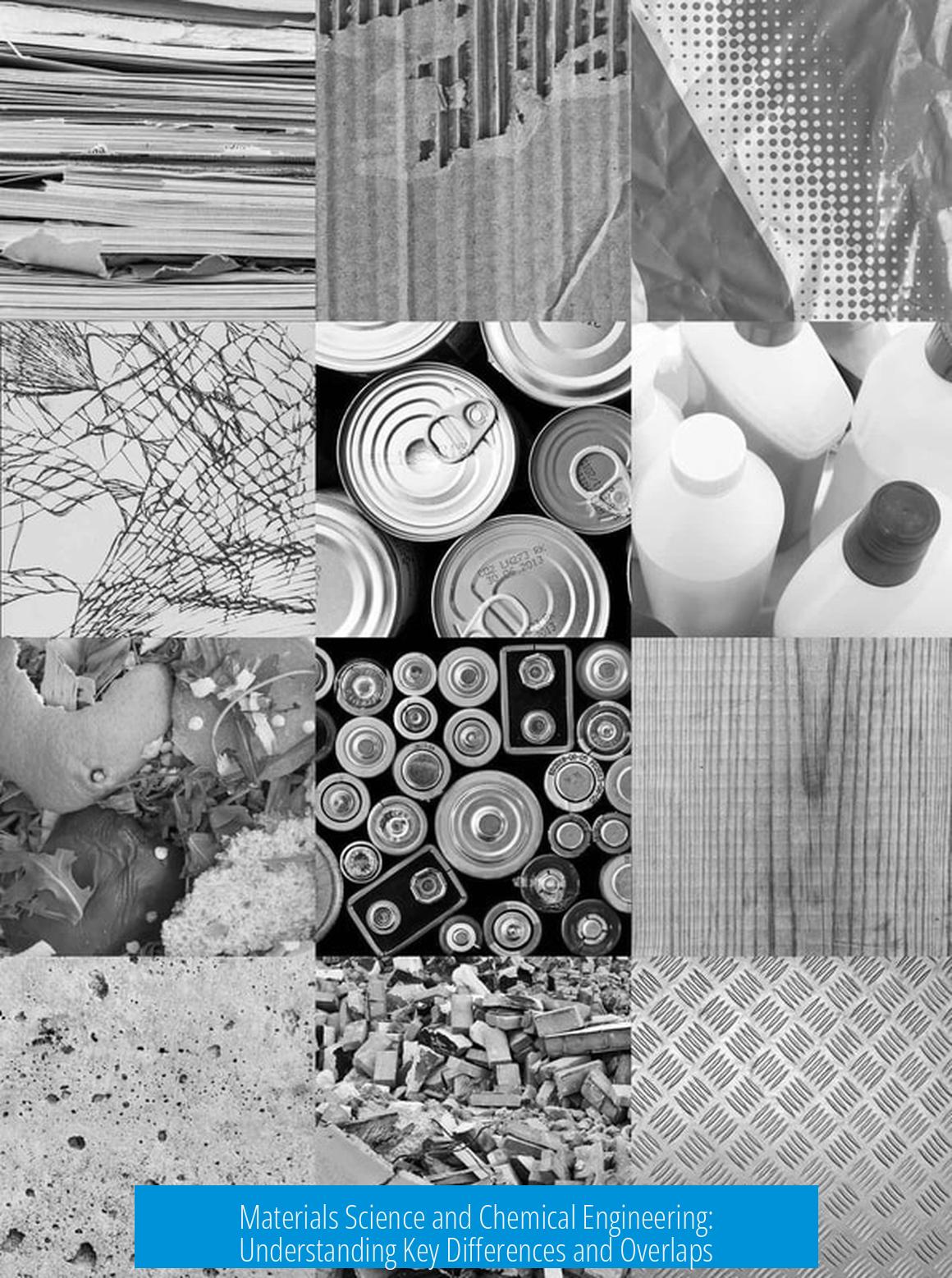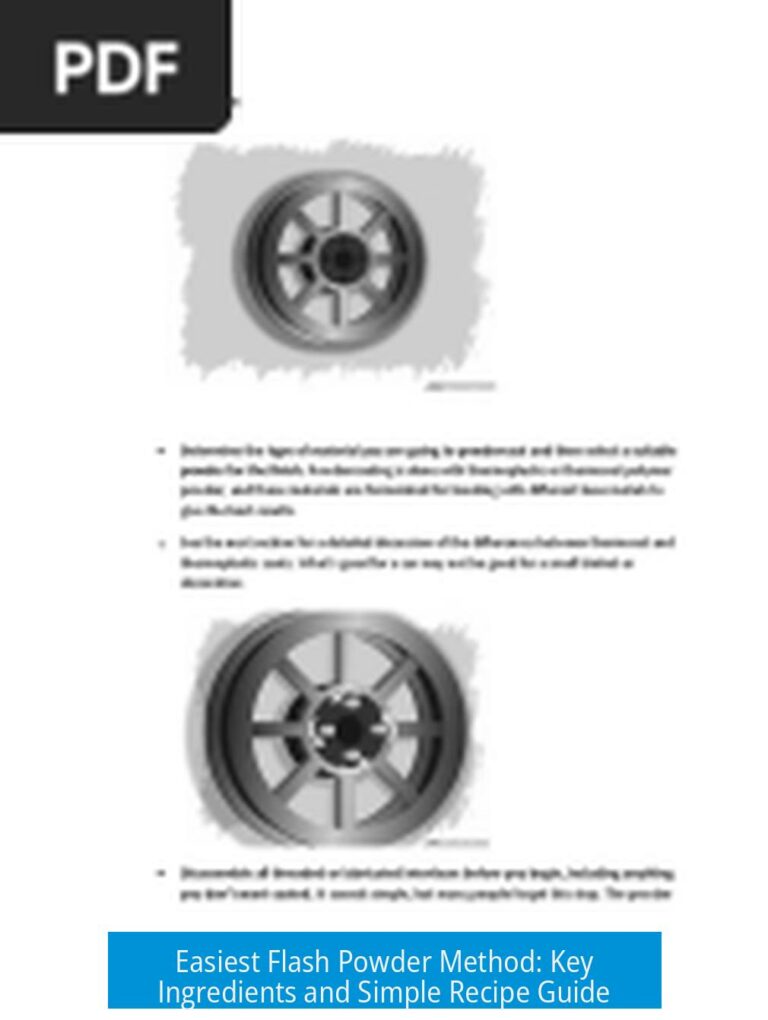Materials Science vs. Chemical Engineering: Key Differences and Overlaps
The primary distinction between materials science (MatSci) and chemical engineering (ChemE) lies in their focus: MatSci concentrates on solids, especially metallurgy and ceramics, while ChemE primarily deals with fluids, such as liquids and gases. This fundamental difference guides their respective roles, specializations, and career paths.
Core Definitions and Roles
- Chemical Engineering: Focuses on engineering principles to design and optimize systems that solve practical problems—for example, separating ethanol from water. ChemE emphasizes system efficiency, aiming to minimize energy and cost during production processes.
- Materials Science: Centers on investigating and manipulating solid materials. Scientists in this field explore properties and behaviors of metals, ceramics, and polymers to develop new materials or improve existing ones.
Overlap and Complementarity
Although the two disciplines have distinct emphases, there is considerable overlap. Chemical engineers often engage with material science topics, especially in research environments. For instance, a PhD in chemical engineering focusing on materials research may effectively become a material scientist.
Project stages also highlight this interplay:
- Developing and testing a new glass involves material scientists examining structure and properties.
- Manufacturing that glass at scale, optimizing production systems, and minimizing costs typically require chemical engineers.
Field Specializations
| Chemical Engineering | Materials Science |
|---|---|
| Particle technology, biomolecular engineering, complex fluids, polymer systems, thermodynamics, system dynamics | Metallurgy, ceramics, solid-state physics, materials synthesis and characterization |
| Focus on fluids and process optimization | Focus on solids and material properties |
Career and Educational Perspectives
Chemical engineering offers broader job opportunities and generally higher pay than materials science. Employers often treat chemical engineering graduates with master’s degrees the same as those with bachelor’s degrees. In contrast, PhD holders in chemical engineering may perform distinct and specialized work, sometimes transitioning into scientific roles.
Demand for advanced degrees varies internationally. For example, a PhD in Germany commands higher recognition. Materials science PhD degrees do not always provide marked career advantages compared to chemical engineering degrees.
Many chemical engineers work in industries like semiconductor manufacturing as line engineers, where their expertise in process control and system optimization is key.
Summary
- Chemical engineering primarily focuses on fluids and system design to solve engineering problems.
- Materials science concentrates on solids, developing and characterizing new materials.
- There is significant overlap; chemical engineers can work on materials problems, especially at advanced study levels.
- Career opportunities are generally broader for chemical engineers, with better pay prospects.
- Material scientists emphasize scientific research, while chemical engineers emphasize engineering solutions.





Leave a Comment